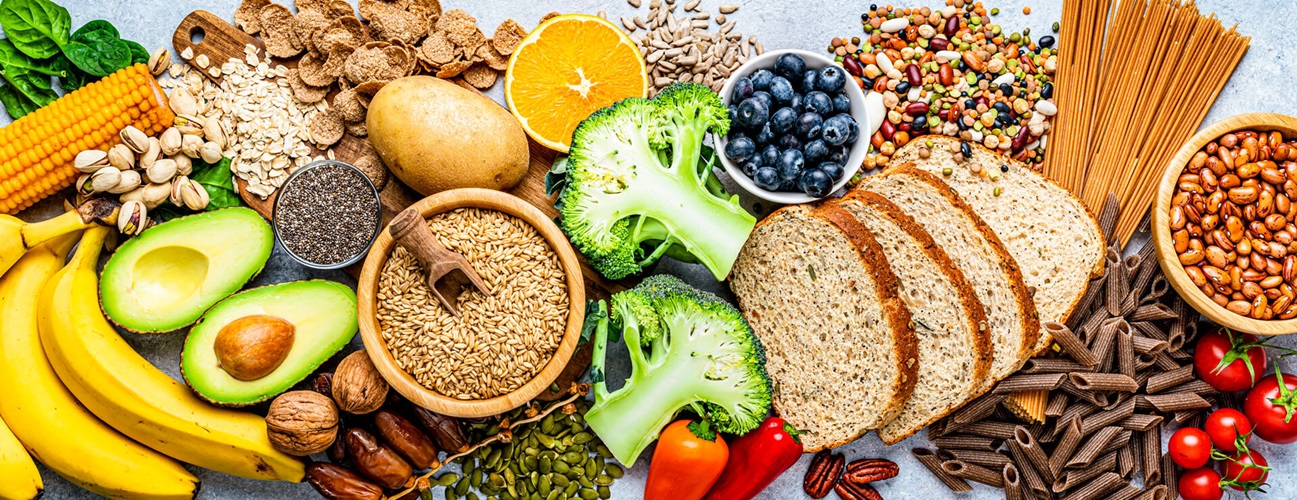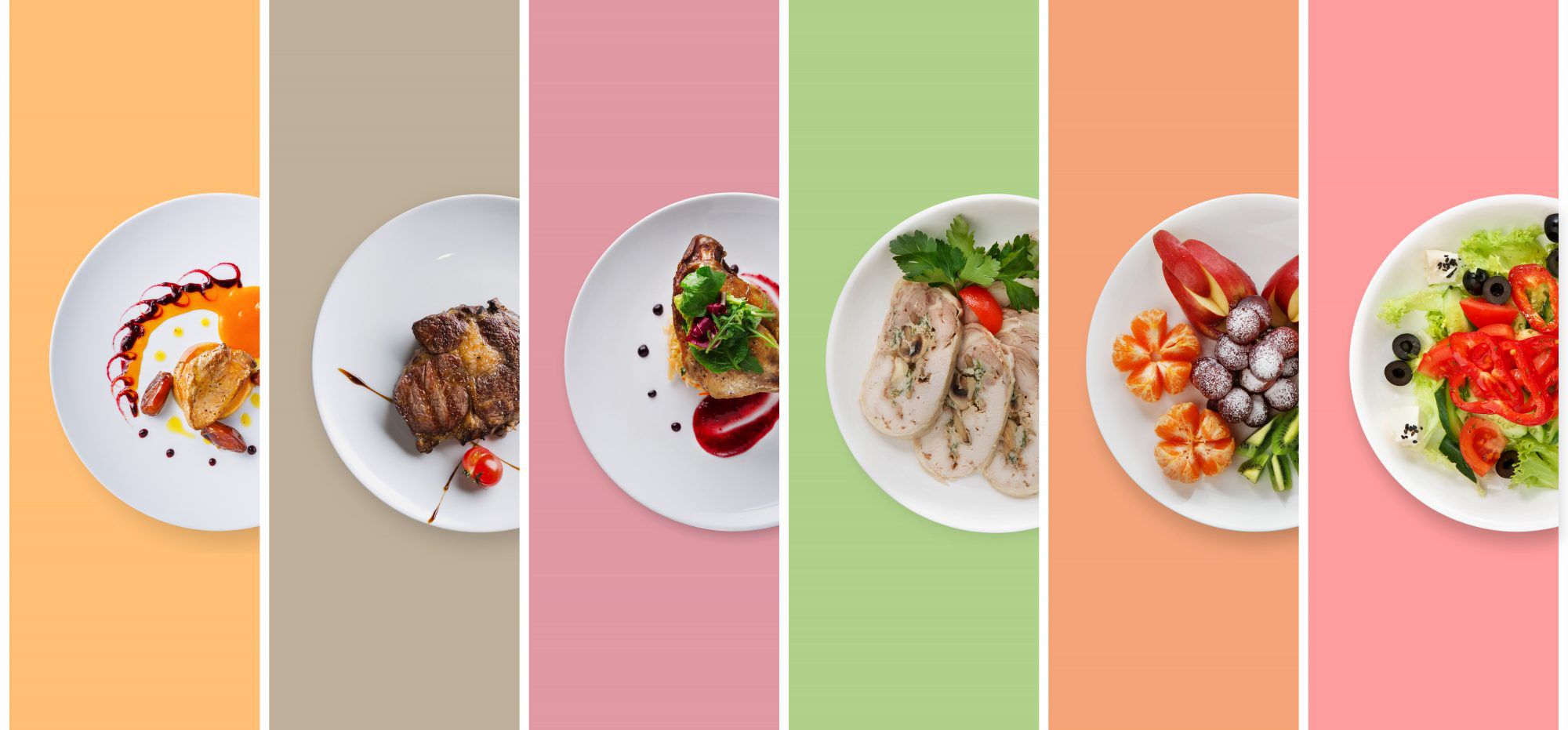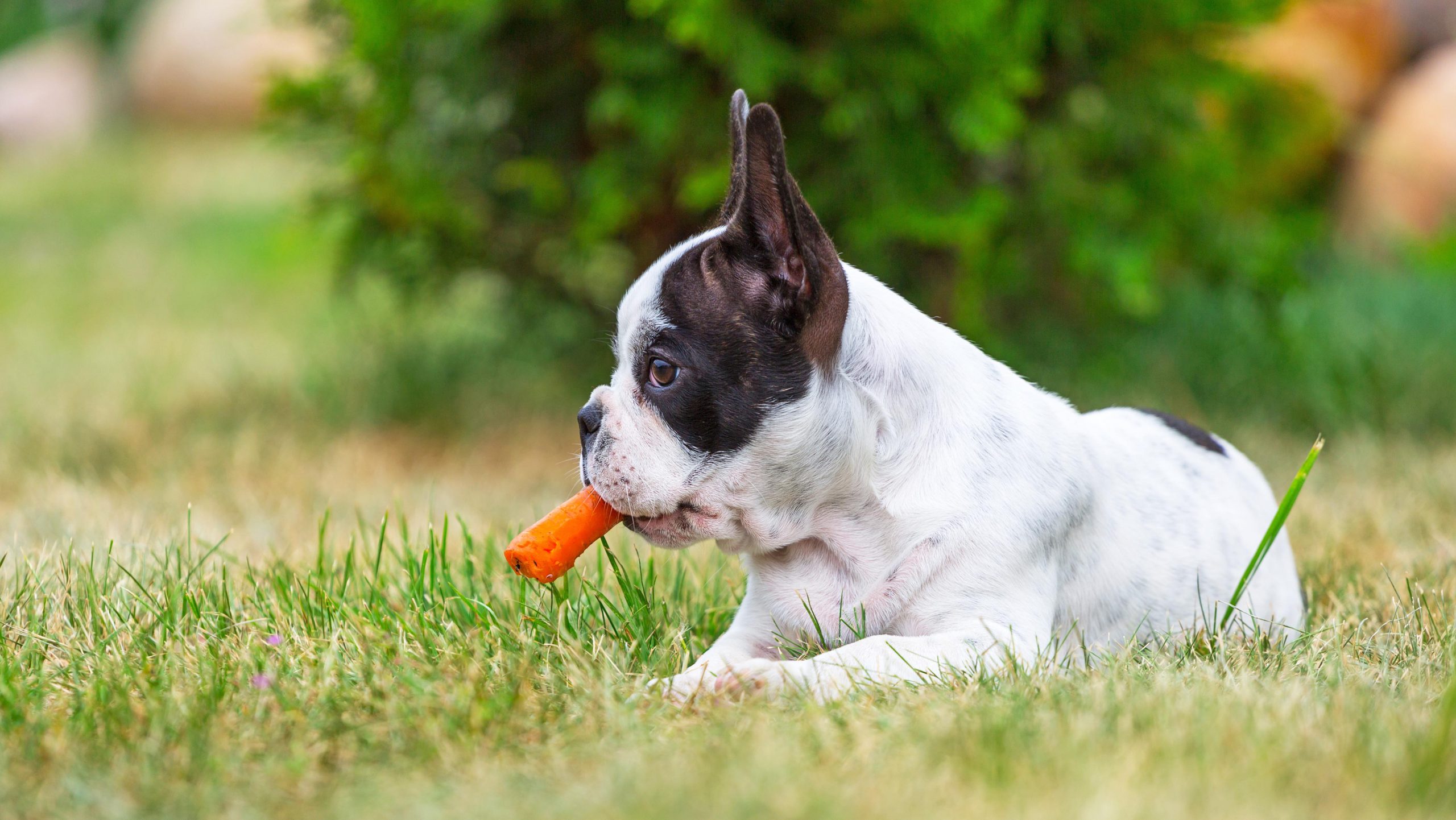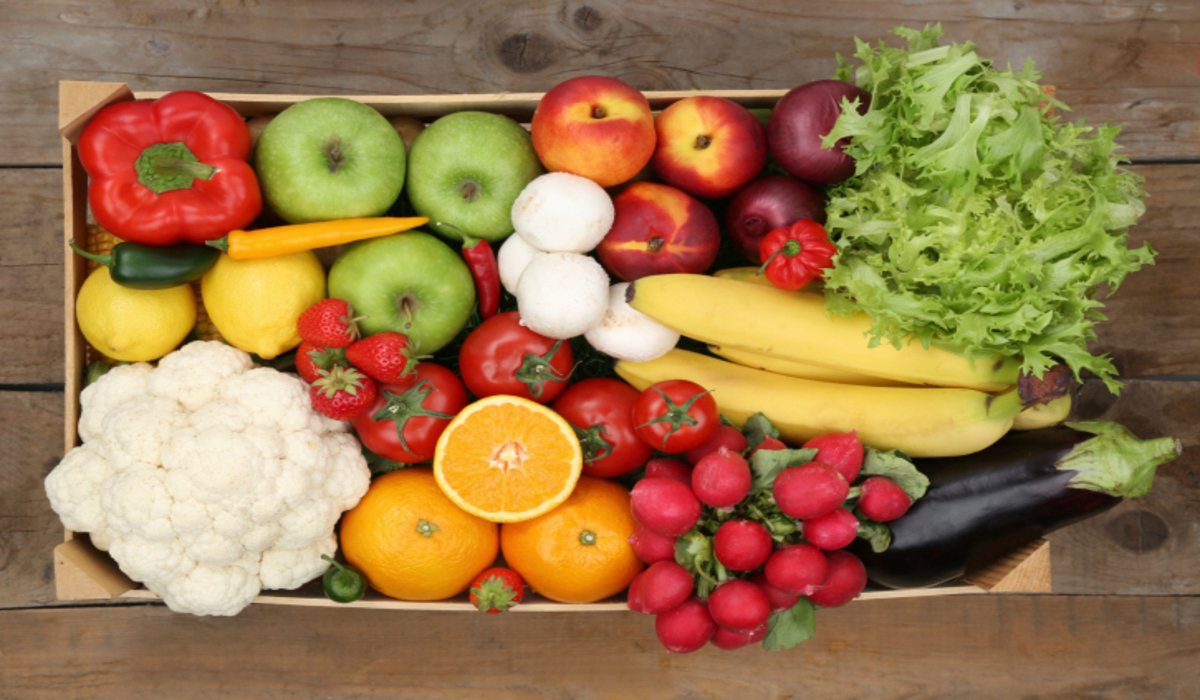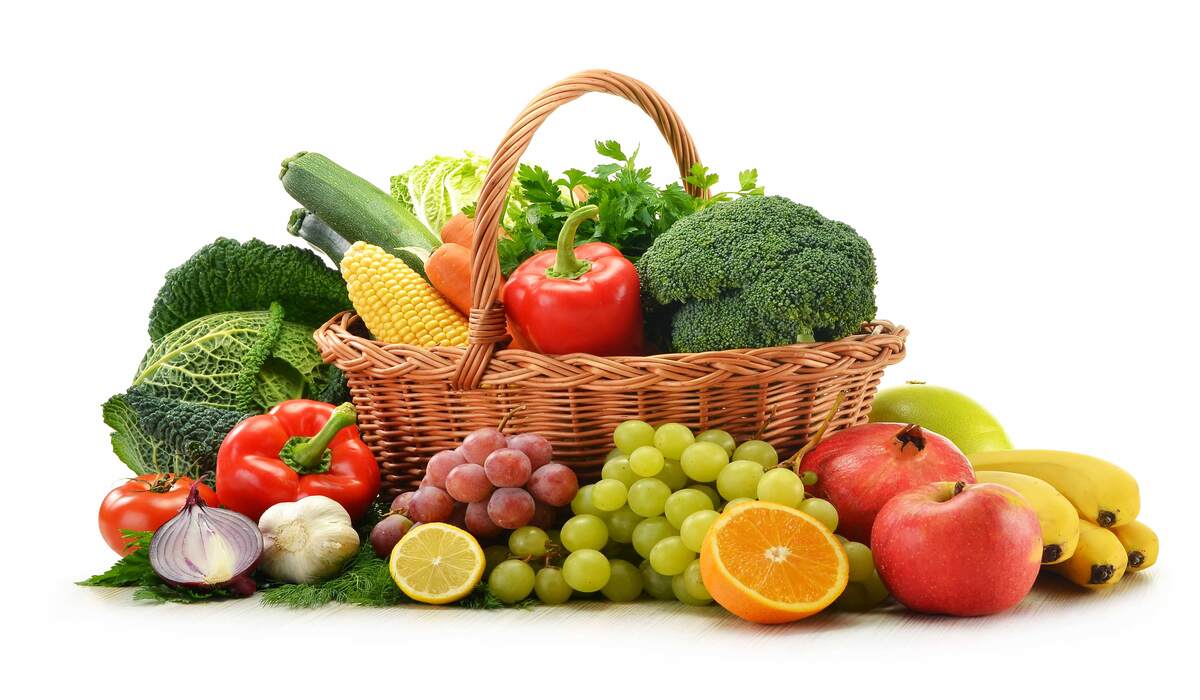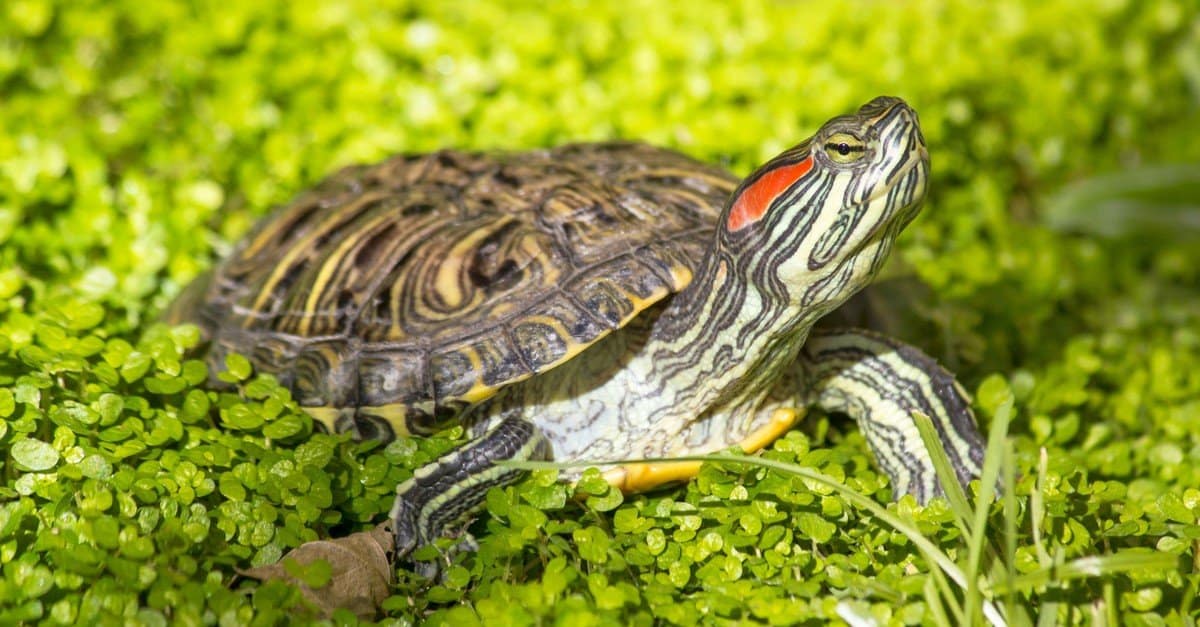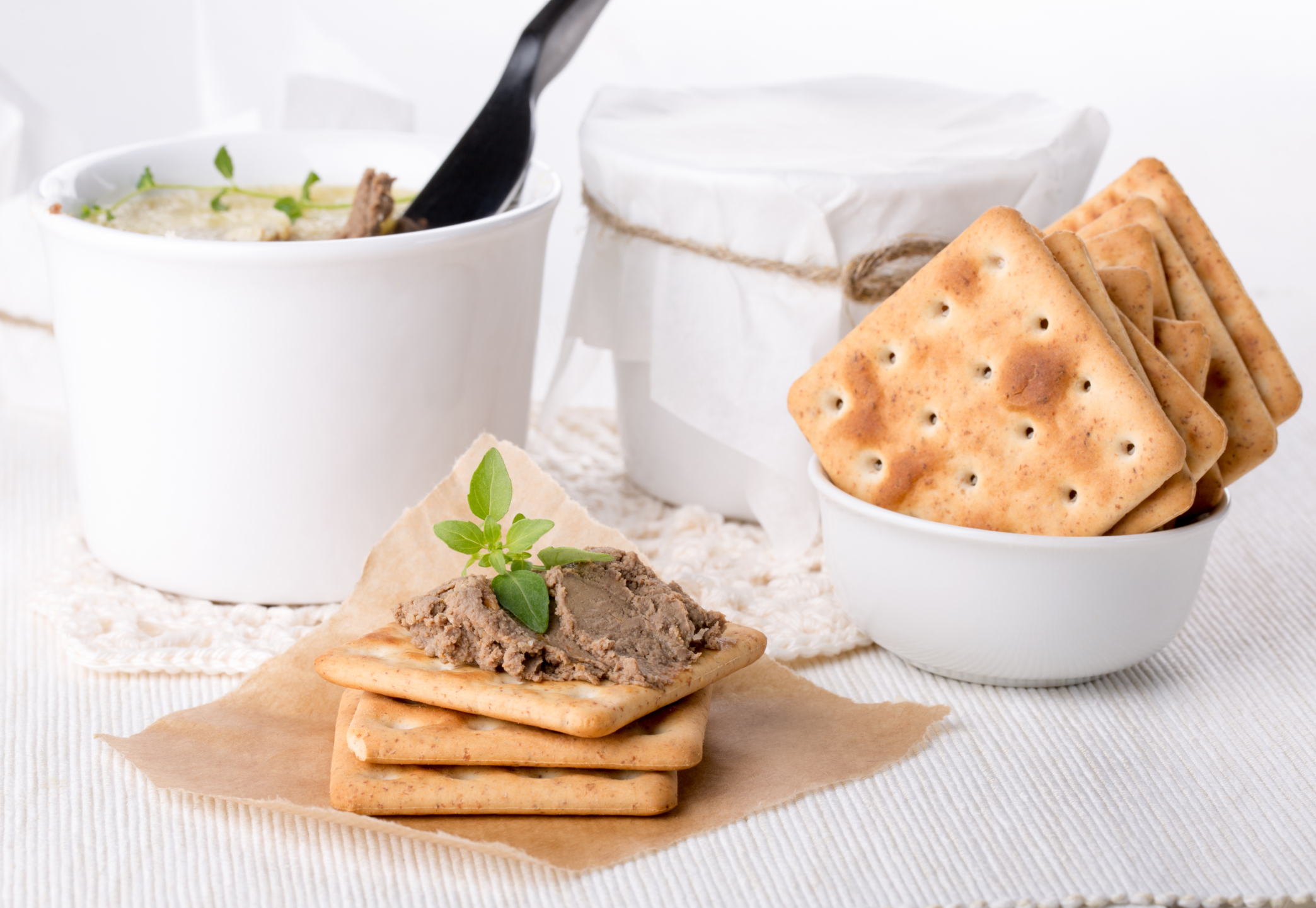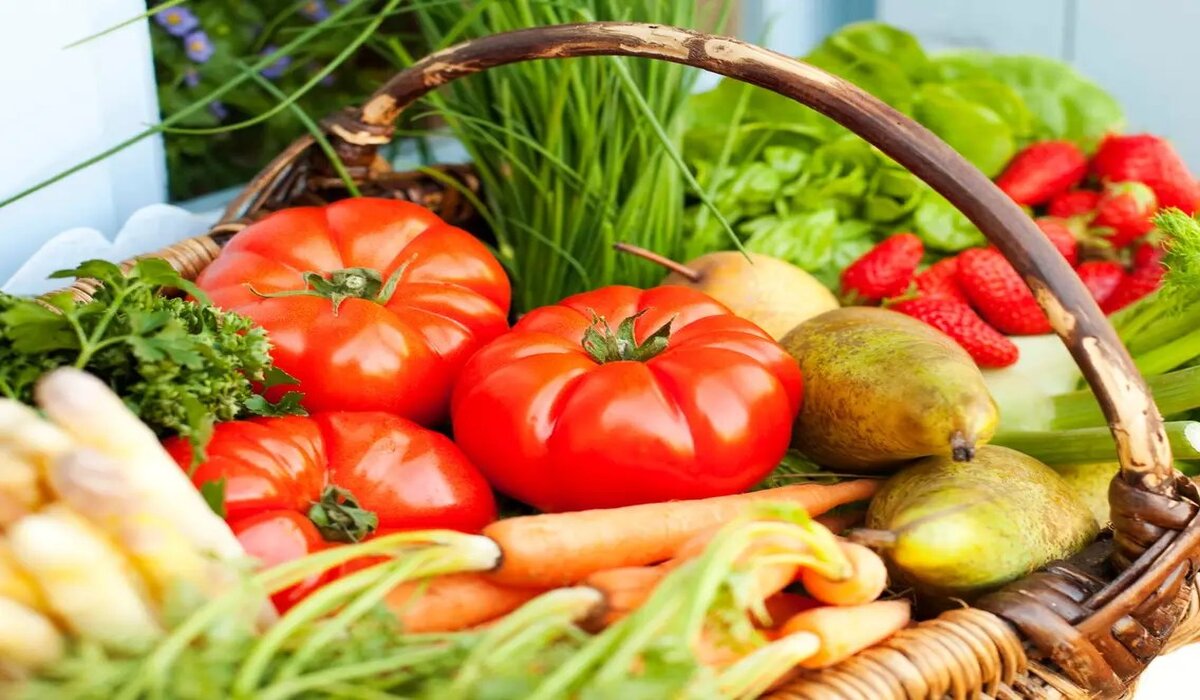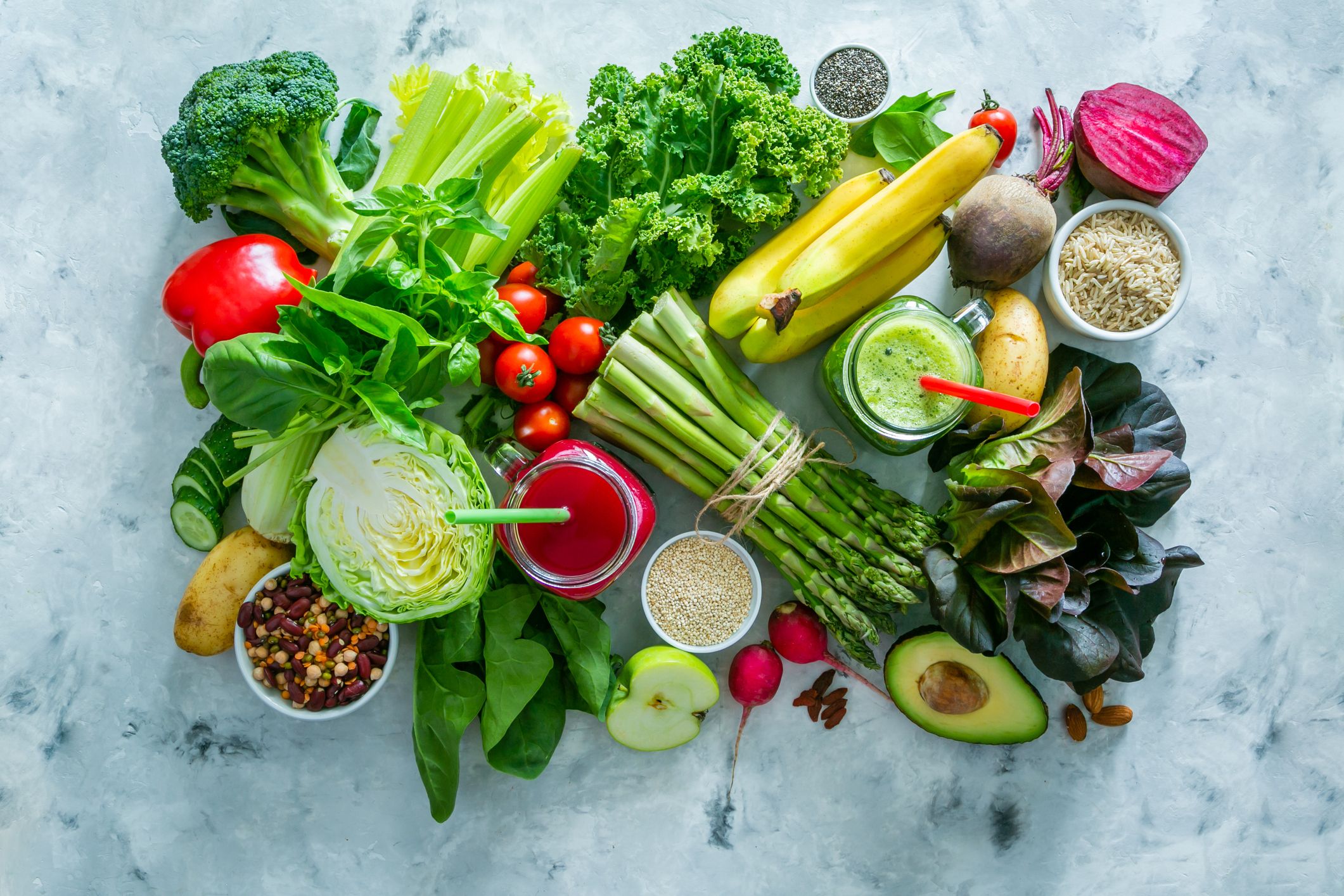Home>Gardening News and Trends>Latest News>What Fruit And Vegetables Can Horses Eat
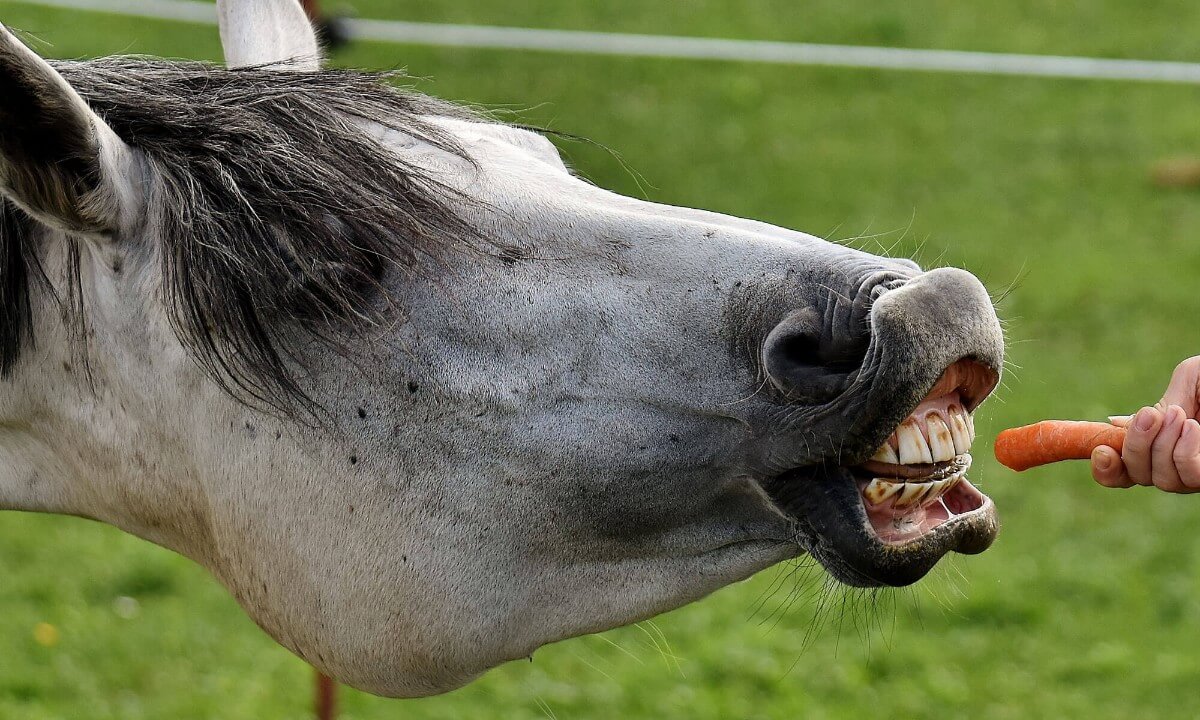

Latest News
What Fruit And Vegetables Can Horses Eat
Published: October 16, 2023
Discover the latest news on what fruit and vegetables horses can eat. Get expert advice and guidance to ensure your horse's diet is healthy and balanced.
(Many of the links in this article redirect to a specific reviewed product. Your purchase of these products through affiliate links helps to generate commission for Chicagolandgardening.com, at no extra cost. Learn more)
Table of Contents
Introduction
Horses require a well-balanced and nutritious diet to thrive and maintain optimal health. While hay, grains, and pellets form the foundation of their diet, incorporating fresh fruits and vegetables can provide additional vitamins, minerals, and fiber to support their overall well-being.
Feeding horses a variety of fruits and vegetables not only adds a flavorful dimension to their diet but also helps to stimulate their digestive system and prevent boredom. However, it’s essential to understand which fruits and vegetables are safe for equines and how to properly incorporate them into their feeding regimen.
In this article, we will delve into the importance of including fruits and vegetables in a horse’s diet, explore safe options for equine consumption, and provide guidelines for feeding these foods to horses. Whether you are a horse owner, trainer, or simply curious about equine nutrition, this article will be your comprehensive guide to understanding what fruits and vegetables horses can eat.
Understanding Horse Nutrition
Before we delve into the specifics of incorporating fruits and vegetables into a horse’s diet, it is crucial to understand the basics of equine nutrition. Horses are herbivores that have evolved to graze on forage, such as grass and hay, for the majority of their diet.
The equine digestive system is designed to efficiently process and extract nutrients from fibrous material. It consists of a complex series of organs, including the mouth, esophagus, stomach, small intestine, large intestine, and cecum.
One critical aspect of horse nutrition is the need for a balanced ratio of carbohydrates, proteins, fats, vitamins, and minerals. These nutrients play vital roles in energy production, muscle development, coat condition, immune function, and overall health.
Carbohydrates, found in grains and forages, are the primary source of energy for horses. Proteins are necessary for tissue repair and muscle development. Fats provide a concentrated source of energy and aid in nutrient absorption. Vitamins and minerals are essential for various metabolic processes and maintaining overall health.
In addition to the macronutrients mentioned above, horses also require access to fresh, clean water at all times. Adequate hydration is essential for digestion, temperature regulation, and overall health.
Now that we have a basic understanding of horse nutrition, we can explore the importance of incorporating fruits and vegetables into their diet and the benefits it provides. By offering a diverse range of plant-based foods, we can provide additional nutrients and promote overall health and well-being in our equine companions.
Importance of Fruit and Vegetables in a Horse’s Diet
Fruits and vegetables hold significant importance in the diet of horses. While they may not be the primary source of nutrition, they can offer several benefits to equine health and well-being.
One of the key advantages of incorporating fruits and vegetables is their high content of essential vitamins and minerals. These nutrients are crucial for various bodily functions, including immune system support, bone health, and overall growth and development. Fruits and vegetables can provide an extra boost of vitamins A, C, and E, as well as minerals such as potassium, magnesium, and calcium.
In addition to essential nutrients, fruits and vegetables are also a rich source of dietary fiber. Fiber plays a critical role in maintaining proper gut function and promoting healthy digestion. It helps to regulate bowel movements, prevent constipation, and reduce the risk of gastrointestinal issues such as colic.
Furthermore, incorporating a variety of plant-based foods in a horse’s diet can add sensory stimulation and prevent boredom. Horses are natural foragers, spending hours grazing on grass. By including fruits and vegetables, we provide them with an opportunity to engage in natural feeding behaviors.
Feeding fruits and vegetables can also be beneficial for horses on low-sugar or low-starch diets. Many commercial horse feeds and grains contain higher levels of carbohydrates, which may not be suitable for horses with certain health conditions, like metabolic issues or insulin resistance. In these cases, offering low-sugar fruits and vegetables can provide a healthier alternative while still providing vital nutrients.
Lastly, introducing a variety of flavors and textures through fruits and vegetables can entice picky eaters or horses recovering from illness or surgery to eat. These foods can be a useful tool in coaxing appetite and making mealtime more enjoyable for our equine companions.
Overall, fruits and vegetables play a valuable role in supplementing a horse’s diet by providing additional nutrients, supporting digestive health, and preventing boredom. However, it is essential to understand which fruits and vegetables are safe for equine consumption and how to properly incorporate them into their feeding regimen, which we will explore in the following sections.
Safe Fruit and Vegetable Options for Horses
When it comes to feeding fruits and vegetables to horses, it is important to keep in mind that not all plant-based foods are safe for equine consumption. Some fruits and vegetables can be toxic or pose digestive issues for horses. Therefore, it is crucial to be aware of the safe options available.
Some safe fruit choices for horses include apples, pears, bananas, and watermelon. These fruits are not only tasty but also packed with nutrients that benefit equine health. However, it is essential to remove any seeds or pits, as they can be a choking hazard.
Carrots are a popular vegetable option for horses and are widely enjoyed by equines. They are not only low in sugar but also provide a good source of beta-carotene, which supports eye health. Other safe vegetable options include celery, cucumbers, and zucchini.
Leafy greens like spinach and lettuce can also be given to horses in small amounts. These greens offer additional fiber and nutrients. However, it is important to introduce them gradually to a horse’s diet and monitor their response. Some horses may have difficulty digesting large amounts of greens.
In addition to these options, it is important to consider the source and quality of the fruits and vegetables being fed. Ideally, choose organic and pesticide-free options to minimize the risk of chemical exposure.
Remember, moderation is key when feeding fruits and vegetables to horses. While they offer numerous benefits, overfeeding can lead to digestive upset or imbalance. Start by introducing small amounts and gradually increase the quantity while monitoring your horse’s response.
If you are unsure about a particular fruit or vegetable, it is always best to consult with a veterinarian or equine nutritionist for guidance. They can provide you with specific recommendations based on your horse’s individual needs and health status.
By incorporating safe fruit and vegetable choices into your horse’s diet, you can provide them with a diverse array of nutrients and flavors, enhancing their overall health and enjoyment of mealtime.
Guidelines for Feeding Fruit and Vegetables to Horses
When feeding fruit and vegetables to horses, it is essential to follow some guidelines to ensure their safety and maximize the nutritional benefits. Here are some key considerations to keep in mind:
- Introduce new foods gradually: When introducing a new fruit or vegetable, start with small amounts and gradually increase the quantity over time. This allows the horse’s digestive system to adapt and reduces the risk of digestive upset.
- Wash thoroughly: Before feeding any fruit or vegetable to your horse, make sure to wash it thoroughly to remove any dirt, pesticides, or contaminants.
- Remove pits, seeds, and rinds: For fruits that have pits or seeds, such as apples or watermelon, make sure to remove them before feeding to prevent a choking hazard. Likewise, remove any tough or inedible rinds from fruits and vegetables.
- Cut into small, bite-sized pieces: To facilitate easier chewing and digestion, cut fruits and vegetables into small, bite-sized pieces. This also helps prevent choking and ensures that the horse can properly consume the food.
- Avoid high-sugar options: While fruits are generally safe for horses, it is important to avoid feeding them excessive amounts of high-sugar fruits, such as grapes or cherries. These can contribute to weight gain and potential health issues, particularly for horses with metabolic conditions.
- Monitor for any adverse reactions: Each horse is unique, and some may have sensitivities or allergies to certain fruits or vegetables. Keep an eye out for any signs of digestive upset, such as diarrhea or colic, and discontinue feeding that particular food if necessary.
- Consider individual dietary needs: Take into account your horse’s specific dietary needs and any health conditions they may have. If in doubt, consult with a veterinarian or equine nutritionist for personalized advice.
By following these guidelines, you can safely introduce and incorporate fruits and vegetables into your horse’s diet, providing them with added nutrition and variety.
Foods to Avoid Feeding Horses
While there are many fruits and vegetables that are safe and beneficial for horses, there are also some foods that should be avoided due to their potential for toxicity or digestive issues. Here are some foods that you should refrain from feeding your horse:
- Avocado: Avocado contains a toxin called persin, which can be harmful to horses and even lead to cardiac distress. Avoid feeding any part of the avocado to your horse.
- Onions and garlic: Onions and garlic contain compounds that can damage red blood cells in horses, leading to anemia. Avoid feeding these members of the allium family as well as any products that contain them, such as onion or garlic powder.
- Potatoes: Raw and green potatoes contain a toxic compound called solanine, which can be harmful to horses. Avoid feeding raw or green potatoes, as well as potato peels or any dishes with potatoes as an ingredient.
- Rhubarb: Rhubarb leaves contain a high concentration of oxalates, which can cause kidney damage and other health issues in horses. Avoid feeding any part of the rhubarb plant to your horse.
- Chocolate: Chocolate contains theobromine, which is toxic to horses. Avoid feeding any food product that contains chocolate, such as cookies or treats.
- Caffeine-containing foods: Caffeine can have a stimulant effect on horses and can cause symptoms such as increased heart rate, restlessness, and gastric upset. Avoid feeding tea, coffee, or any food or beverage that contains caffeine.
- High-sugar treats: While fruits are generally safe in moderation, some fruits, such as grapes and cherries, contain high levels of sugar. Feeding excessive amounts of these high-sugar treats can contribute to weight gain, metabolic issues, and other health concerns.
- Moldy or spoiled food: Just like humans, horses should not consume moldy or spoiled food. Mold can contain toxins that can be harmful to horses and lead to digestive upset or other health issues. Always ensure that the fruits and vegetables you feed are fresh and in good condition.
It is important to be mindful of these foods and avoid feeding them to your horse. When introducing any new food into your horse’s diet, always conduct thorough research or consult with a veterinarian or equine nutritionist to ensure its safety.
Conclusion
Incorporating fruits and vegetables into a horse’s diet can provide numerous benefits, including additional nutrients, fiber, and sensory stimulation. It is essential to choose safe options and follow guidelines to ensure the well-being of our equine companions.
Understanding the basics of horse nutrition is the first step in realizing the importance of fruits and vegetables in a horse’s diet. By providing a balanced ratio of carbohydrates, proteins, fats, vitamins, and minerals, we support their overall health and vitality. Fruits and vegetables offer an extra boost of essential nutrients, as well as fiber to maintain optimal gastrointestinal function.
When feeding fruits and vegetables to horses, it is crucial to select safe options such as apples, carrots, and leafy greens. Taking care to wash, prepare, and introduce new foods gradually ensures their digestion and prevents any adverse effects. Following guidelines for portion sizes and considering individual dietary needs contributes to a healthy and well-rounded feeding regimen for our equine friends.
On the other hand, some foods should be avoided due to their potential toxicity, including avocado, onions, garlic, and chocolate. Moldy or spoiled foods should also be off-limits, as they can pose health risks to horses.
By navigating the world of fruits and vegetables with knowledge and caution, we can enhance our horse’s nutritional intake while providing them with a varied and enjoyable diet. However, it is always advisable to consult with a veterinarian or equine nutritionist to tailor the feeding plan to your horse’s specific needs and health conditions.
Incorporating safe and nutritious fruits and vegetables can offer a new dimension to your horse’s diet, enhancing their overall well-being and promoting a healthy and balanced life for your equine companion.
